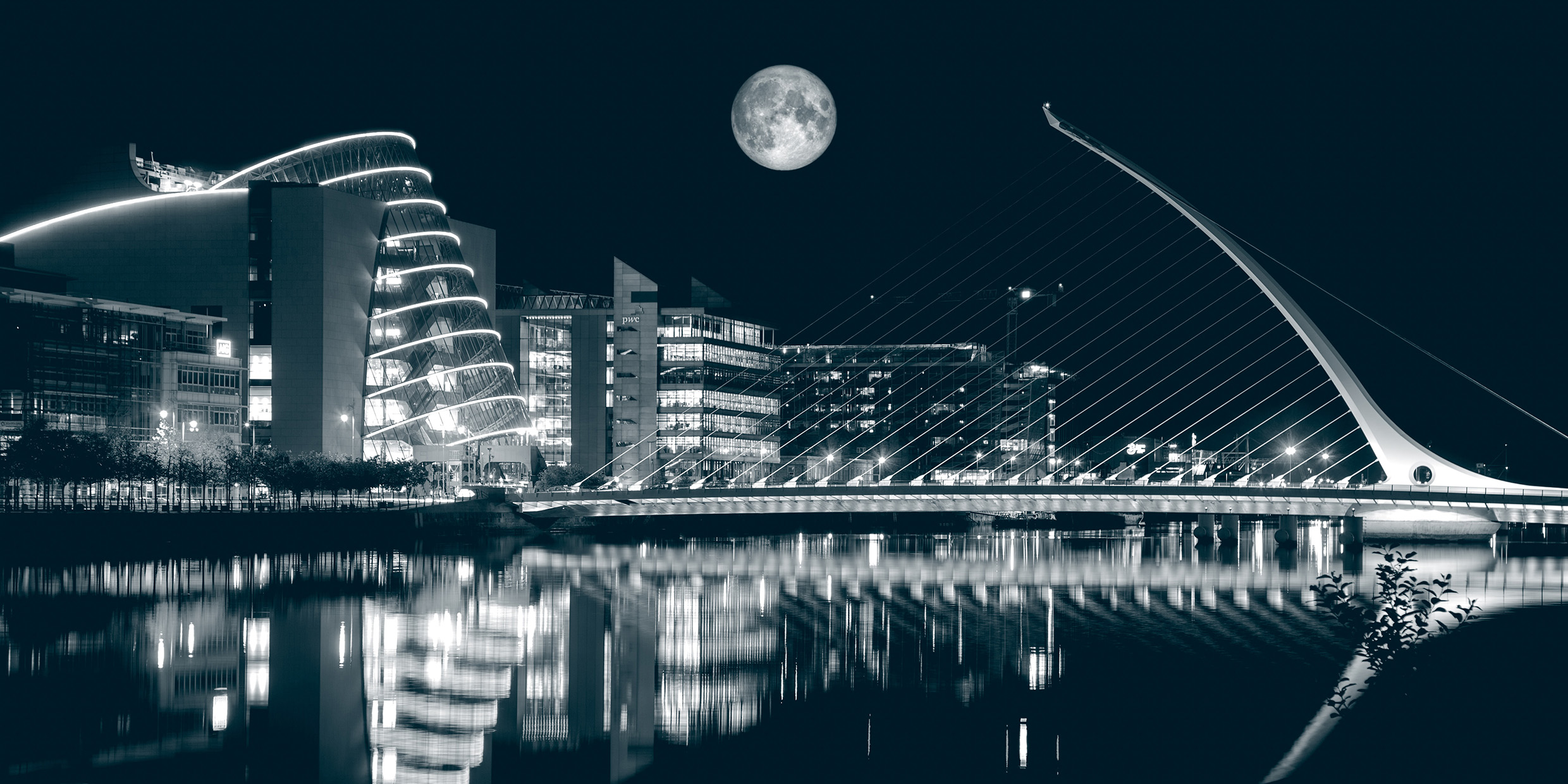Originally published 10 July 2005
A little over a week ago [in 2005], Thomas Friedman had two op-ed columns in The New York Times about the Irish economic miracle, sometimes called the “Celtic Tiger.” He sang the praises of Irish social and economic policy, and suggested that the rest of the world should take notice.
It has been just a decade since Friedman’s Irish counterpart, Irish Times columnist Fintan O’Toole, published a book called Black Hole, Green Card: The Disappearance of Ireland. “Green card,” of course, referred to emigration, just about the only option then available for young Irish people, especially those with college degrees. “Black hole” referred to the Irish economy of a decade ago, a place where profits and jobs vanished without a trace.
Today, a blink of the eye later, Ireland is the second richest country in Europe, after Luxembourg, with a gross domestic product per capita greater than Germany, France, or Britain. Even the Irish are a little bewildered by the alacrity with which they went from being one of the poorest nations in the Europe to one of the richest.
Friedman puts his finger on good reasons why the “miracle” happened:
Free, or almost free, quality education, right through third level. An American student would be boggled by the exams an Irish kid must take to win a place at university; they make the SATs look like child’s play. Even I would have difficulty with the math and science, and you should see the geography exam. Every Irish kid with the talent and the spunk can get a topnotch education without parents going into hock up to their eyeballs.
Respect for science. From here, in the so-called “land of the leprechauns,” America seems awash in superstition — creationism, astrology, health fads, Left Behind novels, pseudosciences. The Irish are a people with their eye on the ball. Ireland intends to double the number of PhDs in science and engineering by 2010, and the young people I’ve met are ready and willing to take up the challenge.
An enthusiastic embrace of globalization, and not just economic globalization. Yes, the Irish welcome the global marketplace and have thrived on it. They are not afraid to open their doors to brainy scientists and engineers from abroad, especially China. Friedman quotes Ireland’s Minister for Education, Mary Hanafin: “It is good for our own quality students to be mixing with quality students from abroad.” But the Irish are also more generous in personal commitment to third world development than are Americans. They are a bit abashed by their new wealth and willing to share it.
There is another factor that Friedman didn’t mention: secularization.
What held back Ireland’s potential for so long was the power of an entrenched theocracy, as represented, for example, by the reactionary archbishop of Dublin, John Charles McQuaid, who ruled Ireland with an iron fist from 1940 to 1971. Even such powerful political leaders as Eamon de Valera curried McQuaid’s favor.
For McQuaid and others in the Irish hierarchy, the only source of truth was Holy Mother Church, and woe betide any Irish Catholic, lay or religious, who got out of line; the hammer of orthodoxy came down with swift and brutal force.
McQuaid’s great bugaboos were “scientific humanism” and “secular democracy.” Irish schools were almost entirely in the hands of the Church, and scientific research was more or less an underground activity. Better to be poor and ignorant than burn in hell, McQuaid might have said, but I would guess it was mostly about power, as theocracies usually are.
All of that went out the window in Ireland during the late-1980s and early-1990s. A devastating series of sex and abuse scandals involving the clergy was part of it, but I think what we really witnessed was a revolution from below, by a people who were not as ignorant as the Church would have liked, and who were bloody tired of being poor. Hellfire had become an empty threat. I suspect a lot more Americans today believe in hell than do the Irish.
When the dam of religious oppression broke it was as if centuries of suppressed joy and creativity were released. The ayatollahs of the Irish Church now little more than a dreary memory and science and technology are in the ascendancy.
And, of course, with intellectual freedom and prosperity came a cultural renaissance too. The arts and literature flourish. Music and flowers are everywhere. Litter is vanishing. Environmental protections are being put in place. Unemployment is virtually nonexistent. Health care is available to all. Senior citizens ride public transport free. And those of us who watched the Irish economic and social revolution wonder why America is drifting in exactly the opposite direction.
A letter writer to the Times, a young American living in Cork, disagreed with Friedman. With globalization the Irish have lost what makes them unique, he wrote. Well, yes, if living in a warm, dry, modern house, driving a Lexus, growing up with all your teeth, and not living in fear of hell fire means losing your “uniqueness,” then I suspect most Irish people are quite happy the ride the Celtic tiger.



